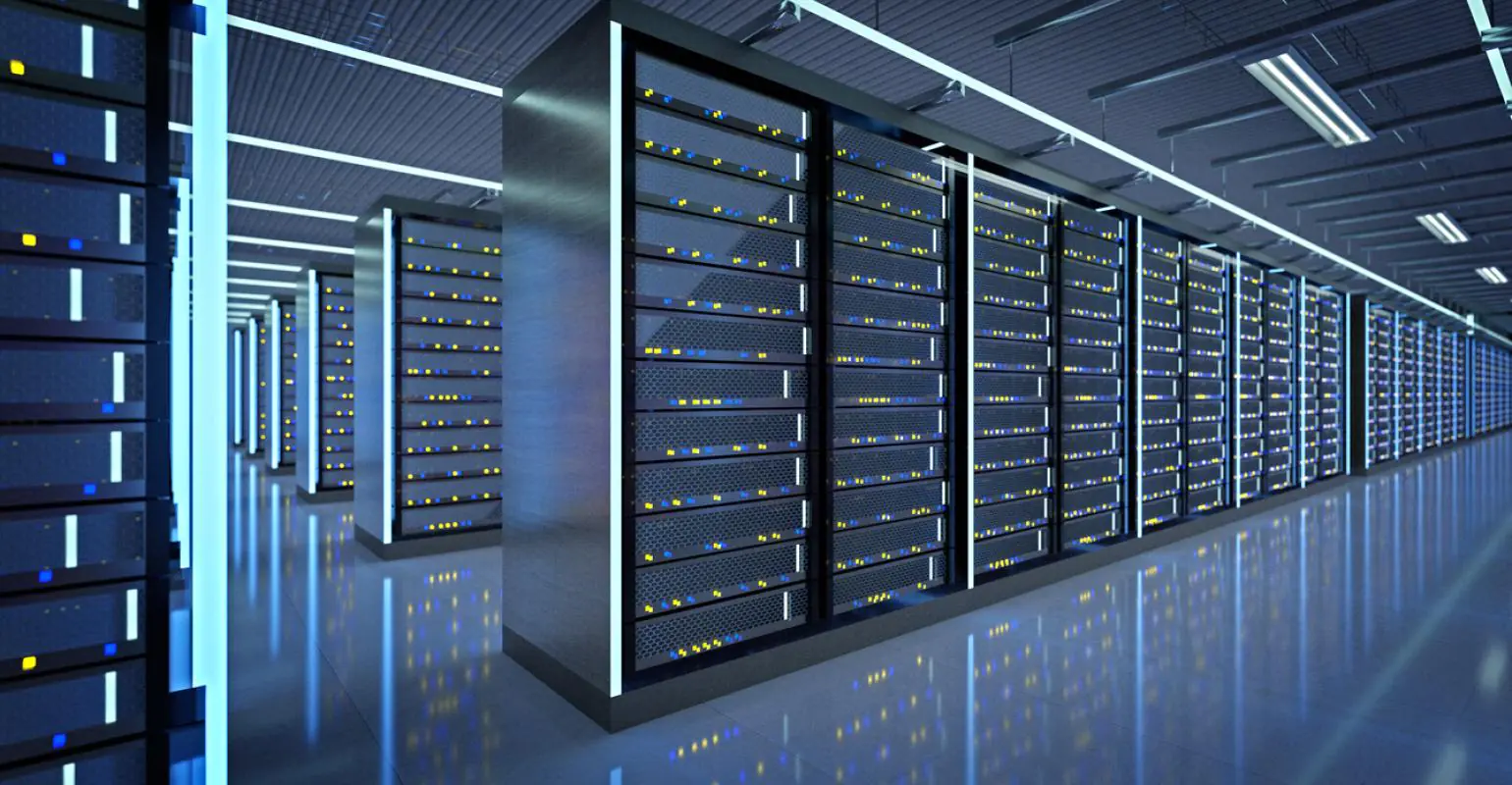
Data Centers and Their Importance to Your Business
As online activity increases, the collection of data becomes more important than ever. Every individual and business needs a hub to store the collected data, which is where data centers come into play.
From small businesses to large multinationals like Microsoft and Google, a data center plays a key role in storing and managing data. Without data centers, even the smallest tech/online business can’t function effectively.
In this article, we will discuss what data centers are, the different types there are, and how data centers work.
What are Data Centers?
Data centers are centralized facilities where large computing devices, infrastructure, and networked computers are stored to process and collect data. A data center would include racks, cabinets, backup power sources, and coolers to ensure the data remains intact in case of a power outage and doesn’t overheat.
Processing huge amounts of data also require extra cooling, which then have had negative impact to the environment. So, green solutions such as Bulk Infrastructure’s sustainable data centers in Norway which uses renewable energy has been a game changer for businesses.
Types of Data Centers
Data centers come in many shapes and sizes as different businesses would have varying needs. The type of data center a business opts for would depend on how much data they plan on collecting.
Enterprise Data Center
Enterprise data centers are owned and operated by companies. They are located inside or outside the corporation and are used primarily for internal end-users for IT support or data applications.
Colocation Data Center
These are housed by another organization outside a company’s ownership and are offered as a rental space for companies to manage and store their data. These rental spaces provide companies with the necessary infrastructure to collect, process, and maintain large data sets.
Cloud-based Data Center
These are off-site virtual data centers typically managed by third parties like Amazon Web Services, Google Cloud, and Microsoft Azure.
Hyperscale Data Center
A hyperscale data center is a large-scale data center that enables maximum scalability. They use hyper-scale computing infrastructure to maximize hardware density while keeping cooling and administrative costs low.
Managed Services Data Center
Companies that provide organizations with third-party data centers including computing services and data storage units.
How Do Data Centers Work?
Data centers are connected to networks and communication channels through which they receive data to process and store. Servers in these centers are fitted with processors, storage space, and memory. These powerful servers use software to convert the data into packages and distribute the workload within other hardware in the data center.
Importance of Data Centers
Data centers are more important than ever as they are responsible for storing and processing data, computation, and network and business applications.
Everything online, whether that is playing a video game, signing up for a service, or buying a product, has data that is stored in data centers.
Also, as remote work culture begins to rise, the need for data centers is increasing to meet the needs of digital workspaces.
It’s safe to say that without data centers it would be nearly impossible to process and store data efficiently, provide computing security, and enable people to complete tasks online.
Conclusion
Data centers are responsible for the storage and processing of massive amounts of data through large-scale networks and computing devices. They are invaluable in this data-driven world that thrives on digitization. Having a facility for collecting and storing data will ensure users’ valuable data is protected, secured, and effectively handled.



